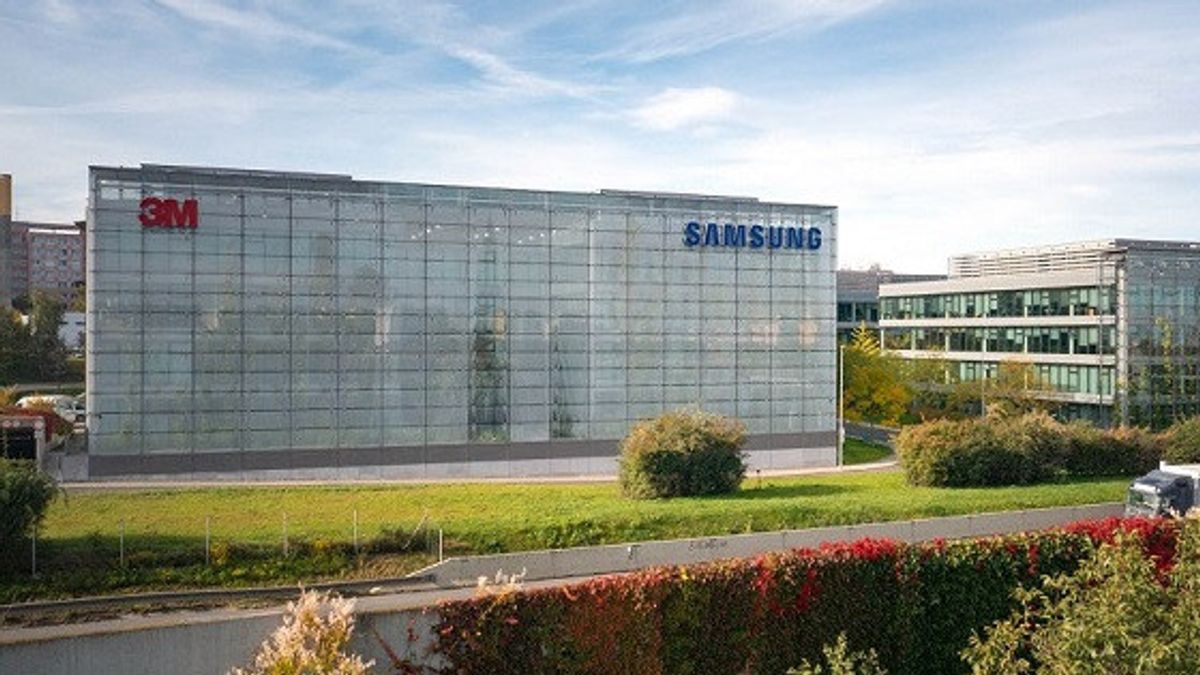JAKARTA - The impact of a sluggish global economy and demand has eased after the COVID-19 pandemic, Samsung Electronics has finally decided to cut memory chip production.
In its preliminary earnings release published last week, Samsung recorded its operating profit which slumped sharply by 96 percent 600 billion won (Rp 6.7 trillion) in the first quarter of 2023, aka January to March from 14 trillion won (Rp158 trillion) the previous year (Q1 2022).
It said sales during the quarter were likely to fall 19 percent to 63 trillion won (Rp711 trillion). Seeing this, Samsung has reduced the production of certain memory products to optimize its manufacturing operations.
This means that the company still has sufficient chips to meet demand in the future. Instead, Samsung said it would continue to invest in infrastructure and research and development to strengthen its technology leadership in the industry.
"We are lowering the production of memory chips to meaningful levels, especially products with safe supplies," said Samsung.
The South Korean-based tech giant will release all of its revenue later this month, including net profit and earnings per sector.
While data collected by Bloomberg shows analysts expect Samsung to record a quarterly profit of 1.4 trillion won (Rp15.8 trillion) for Q1.
Indeed, Samsung as the world's largest maker of television, tablets and smartphones competing with Apple has long resisted steps to cut memory chip production despite reduced demand compared to its competitors.
The company hopes for a recovery in the memory chip market in Q2 this year. According to a TrendForce report, Samsung holds the largest global market share of 40.7 percent for DRAM memory chips and 31.4 percent for NAND flash memory, as quoted from TechCrunch, Monday, April 10.
Likewise expressed by analysts, where the announcement of production reduction from Samsung is rare. In fact, last month the company announced plans to invest 300 trillion won (IDR 3,391 trillion) over 20 years to develop a major semiconductor center in South Korea.
A similar move was also taken by Apple before, where Mac sales experienced a drastic decline. Therefore, the company immediately stopped producing M2 series chips.
Production of the M2 chip was stopped by Apple as a whole in January and February for the first time since the company's silicon started, to adjust to lower demand. The production shutdown will take a long time before sales return to normal.
The English, Chinese, Japanese, Arabic, and French versions are automatically generated by the AI. So there may still be inaccuracies in translating, please always see Indonesian as our main language. (system supported by DigitalSiber.id)













